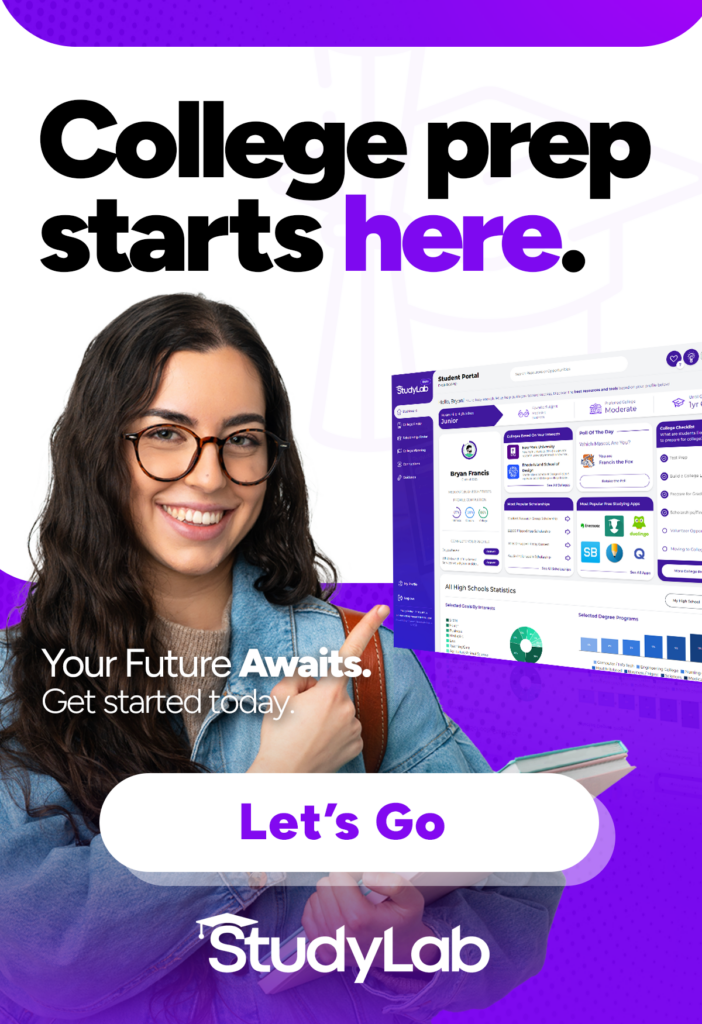It’s hard to avoid news stories these days detailing the teacher shortage gripping public schools across the United States. Last year, the Learning Policy Institute wrote of the teacher pipeline crisis. LPI even developed an interesting map that addressed the issue, state by state.
Some organizations have sought to address the issue by focusing on the quality and rigor of teacher preparation programs. Others, like Educators Rising, have taken on the issue by trying to expand the teacher pipeline, including by recruiting high school students for future careers in the classroom.
Regardless of which way one approaches the issue, it is clear that much work must be done to inform today’s students on tomorrow’s careers as educators. Recent data from our research partners show that just 3.6 percent of today’s high school students aspire to become teachers.
At a time when states and school districts know that at least 800,000 teaching positions will need to be filled in the coming years, and at a time when prospective educators prepared to fill jobs in STEM (science, technology, engineering, math), special education, or English Language Learners (ELL) can have their choice of jobs in virtually any major school system in the nation, we struggle to find those high school students who want to follow in the footsteps of the very educators who inspire them to succeed.
While many have theories – proven and otherwise – as to why individuals may not seek education careers today as they did in past generations, it is clear that greater understanding on the topic, particularly as it relates to the prospective teacher, is important.

Student perception data is fairly clear. The more students know about careers in education, the more interested they are in such pathways. The longer students stay in high school, the more interested they are in teaching careers. And the more learners are influenced by good teachers, the more likely they are to consider becoming educators themselves.
That last point is an important one, one that demonstrates the importance of meaningful interventions to improve the teacher pipeline for tomorrow. An impactful teacher, an educator who really connects with a student, is far more likely to inspire others to enter the teaching profession. As those new teachers begin their careers, they then have the ability to inspire others into teaching. With time, a shortage can become a surplus of potentially excellent teachers all seeking careers in the classroom.
Yes, it is not that simple, but it must start somewhere. That is why the work of groups such as Educators Rising is so important, and why the Student Research Foundation is so supportive of its efforts. It is also why we continuously strive to gain richer information on student career aspirations and perceptions of potential career fields.
When talking of aspirations and career pathways, it is important to focus on key areas of need – areas like STEM or the health fields. It is equally important to recognize that every future doctor, engineer, chemist, mechanic, or the like requires strong teachers who equip the students with the knowledge and skills necessary to pursue those career paths and begin their personal journeys toward success. It begins with teachers.
Across the nation, secondary school teachers and guidance counselors, along with parents, are encouraging their kids to share their thoughts on career interests and aspirations. If your students haven’t already made their voices heard, it isn’t too late. The student taking that survey next week may very well be your faculty colleague in five or six years.

